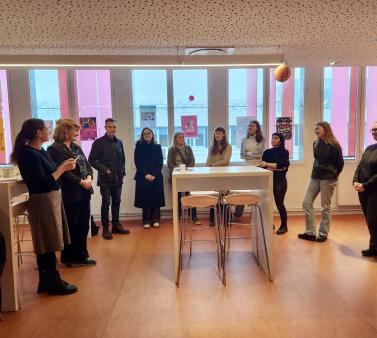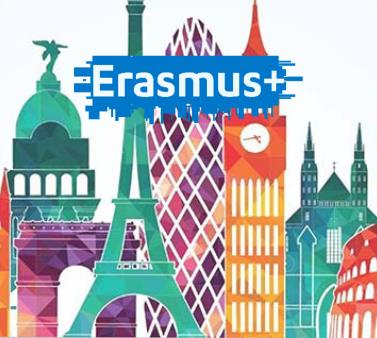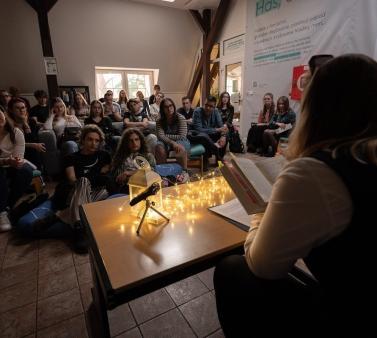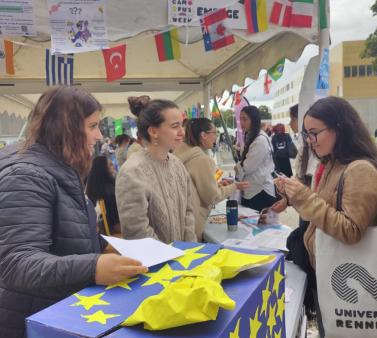The Rennes consortium - which includes EHESP, ENSCR, ENS Rennes, INSA Rennes, Sciences Po Rennes, the University of Rennes 1 and Rennes 2 University - has long been committed to a strategy of promoting science-society linkages and is one of the twelve university groups to receive this new label as part of the 2022 call for projects. Awarded for a period of three years, the "Science avec et pour la société" - SAPS (Science with and for Society) label comes with financial resources to implement actions and strengthen these interactions.
The winning project, entitled TISSAGE for "TrIptyque Science Société pour AGir Ensemble", aims to implement a dialogue between citizens, researchers and decision-makers, particularly on the subjects of environmental, health, digital and societal transitions.
In addition to UniR's member institutions, it relies on a solid network of partners already involved in the region: the Brittany Region, Rennes Métropole, the Rectorat and the Regional Academic Delegation for Research and Innovation (DRARI), the regional delegations of national research organizations, as well as the Espace des sciences, TV Rennes and Ouest France, which will make their know-how and tools available so that TISSAGE reaches all publics.
The TISSAGE project is articulated around three axes, each of which allows for the construction of different types of links between the actors of the triptych: citizens, researchers and decision-makers.
- The first theme aims at strengthening relationships through education/training, in order to develop the skills of each one to dialogue and to initiate the future citizens to the "science in the making".
- The second theme will implement debates involving stakeholders, make them accessible to the greatest number of people and make recommendations for the territory.
- Finally, the project aims to provide the necessary resources to allow the co-construction of participatory research projects for the territory.
Throughout the project, the stakeholders of the society will be able to implement new collaborative practices, in a dynamic of open science at the service of major transitions.



